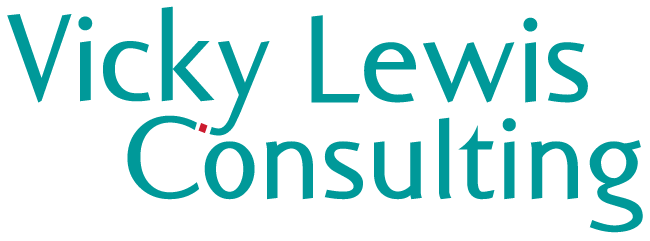International Strategy for Higher Education Institutions
International Strategy for Higher Education Institutions

Posted on by Vicky Lewis

I spent the last couple of days at UUK International’s International Higher Education Forum (IHEF 2024). It was the first in-person IHEF since before the pandemic and I really enjoyed the combination of thought-provoking sessions and personal connections.
On the train back last night, I was reflecting on my immediate impressions and key themes.
Simplifying things drastically, I came away feeling that Day 1 was an opportunity to share our common woes (within the UK and with colleagues in the US, Canada and Australia), while Day 2 was more about pulling ourselves together, taking stock of the facts, coming up with some positive actions we can take, and considering perspectives from outside our ‘Anglosphere bubble’.
Sharing challenges, sometimes with a kind of gallows humour, was cathartic, but I was taken with what Sir Mark Walport said in the closing panel session. It was something along the lines of:
There’s no point expending energy on moaning about the things we can’t change. It’s much more important to focus on all the crucial work we are in a position to tackle.
Some of the actions we can take are about countering negatives and others are about building on our advantages.
Here are just a few of the constructive recommendations made during the conference. I’ve broken them down into themes, starting at the micro level and building up to macro.
It’s heartening that the 2024 Whatuni Student Choice Awards (WUSCAs) showed record levels of international student satisfaction. And a valued strength of the UK HE experience, highlighted in a forthcoming QS International Graduate Outcomes report for UUKi, is the diversity of the student and staff community and our strong spirit of inclusion.
However, we need to develop a mindset of continuous improvement when it comes to the student experience.
Practical steps include:
Whether we’re talking about politicians and policymakers, opinion-formers or the general public, the UK HE sector has a hill to climb to re-establish credibility, particularly when it comes to student migration. This applies whatever happens in the general election.
Recommendations include:
(Ideas courtesy of Professor Wendy Alexander.)
At a time when UK universities risk fixating on parochial and (relatively) short-term policy issues, it was refreshing to be jolted out of our navel-gazing by two sessions on day 2 of the conference.
In a breakout session on knowledge diplomacy, Dr Tim Gore and fellow panellists reminded us that universities and their communities have the potential to influence policy on major global challenges like the climate crisis. Actions that institutions can take to support this include:
In the closing plenary panel on international collaboration, Professor Nishan Canagarajah and fellow panellists highlighted the need to:
Although I always love discussing the big picture when it comes to international education, I felt this year’s IHEF also provided some practical steps for individuals and their institutions to put into action. Some of them require a shift in mindset. Others require investment (financial or time). But there are plenty that are simple and cheap to implement, so there’s no excuse for sitting back and accepting the status quo.
IHEF STUDENT EXPERIENCE POLICY CONTEXT COLLABORATION GLOBAL CHALLENGES
|
|